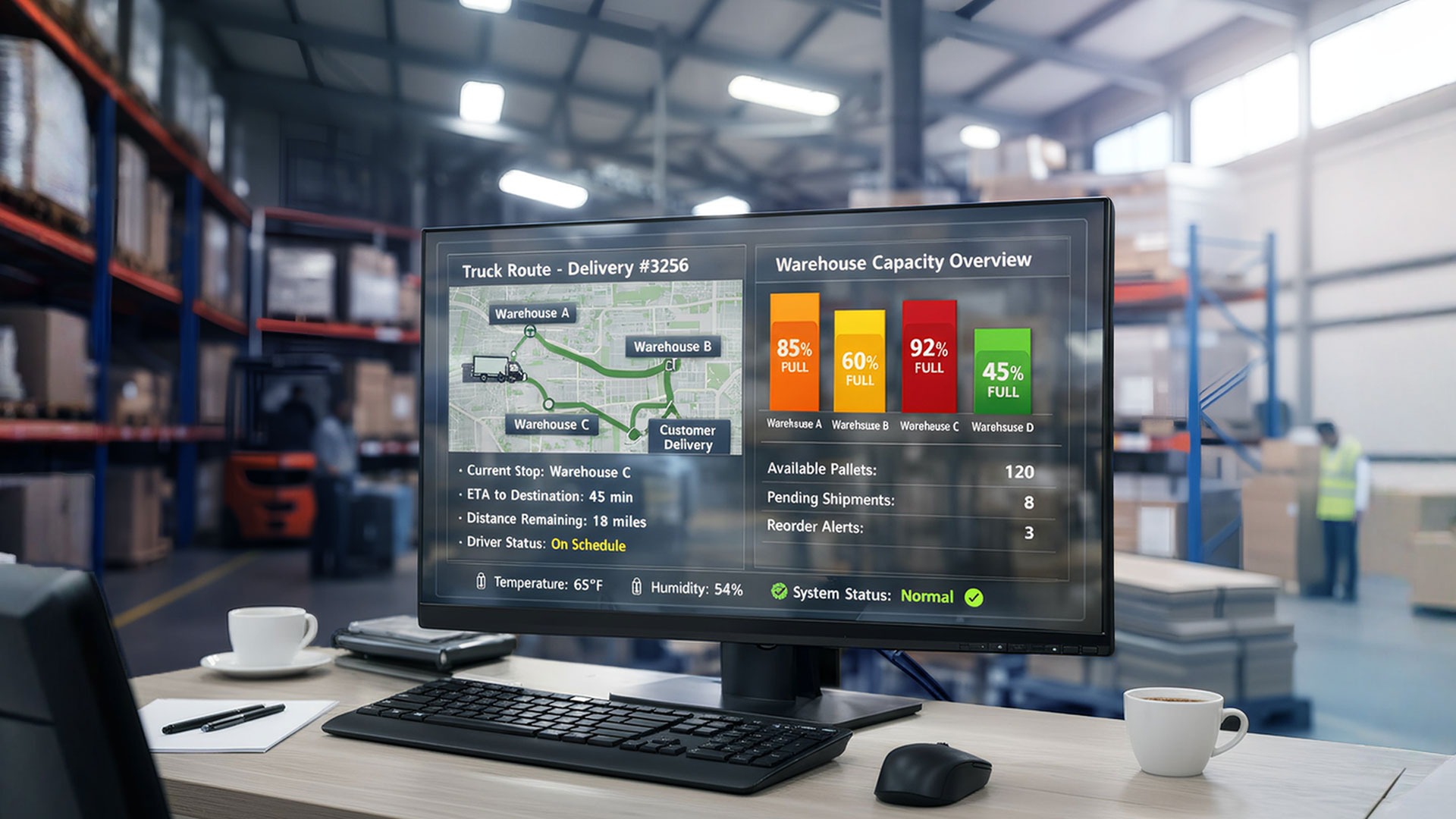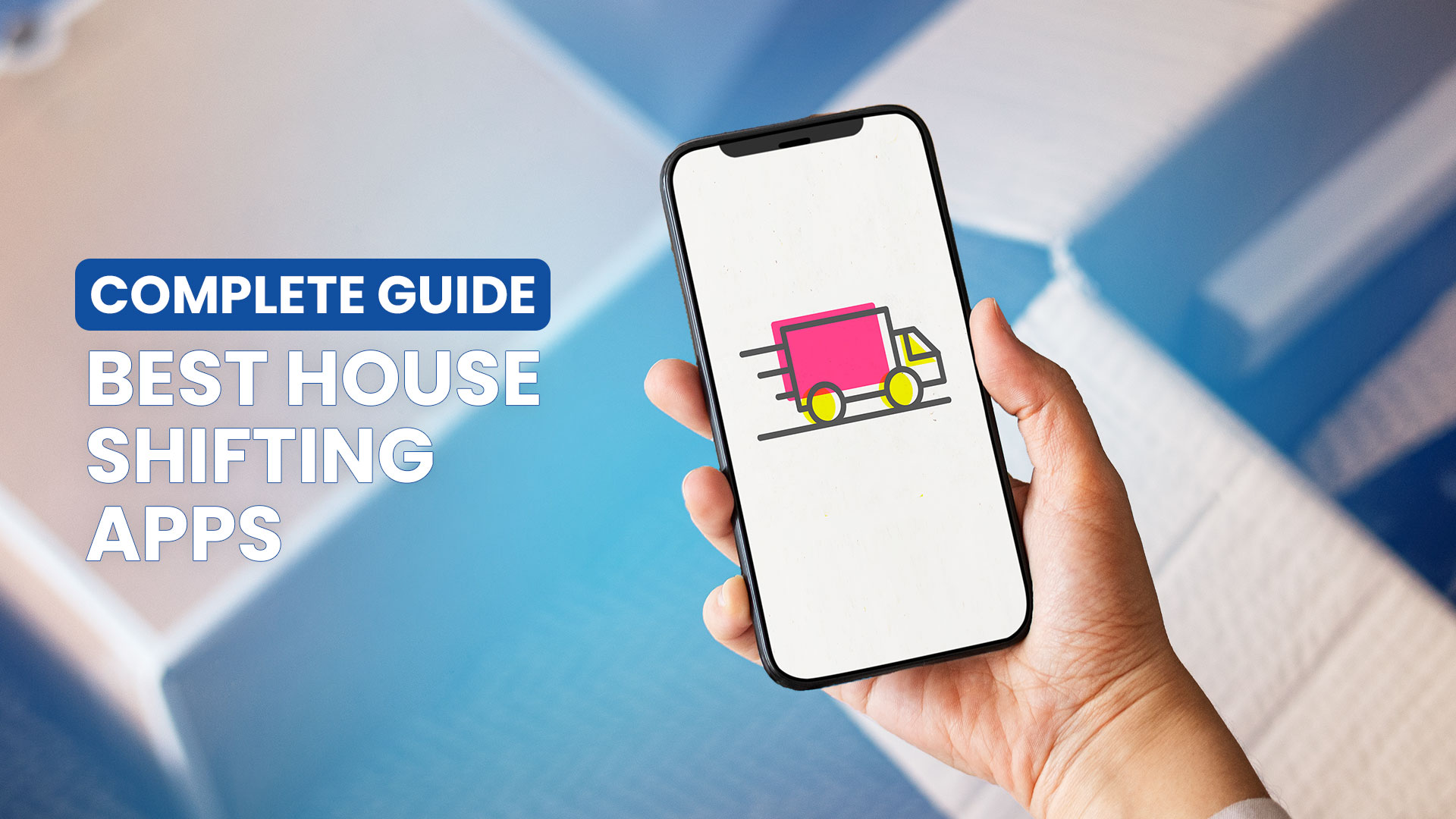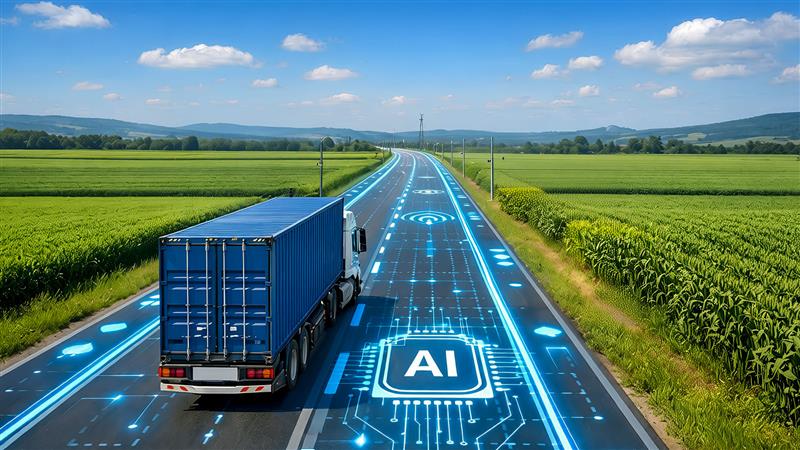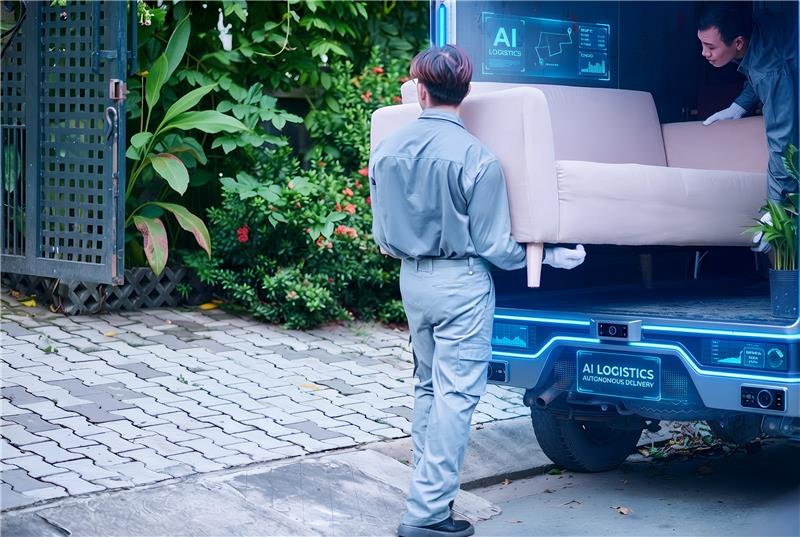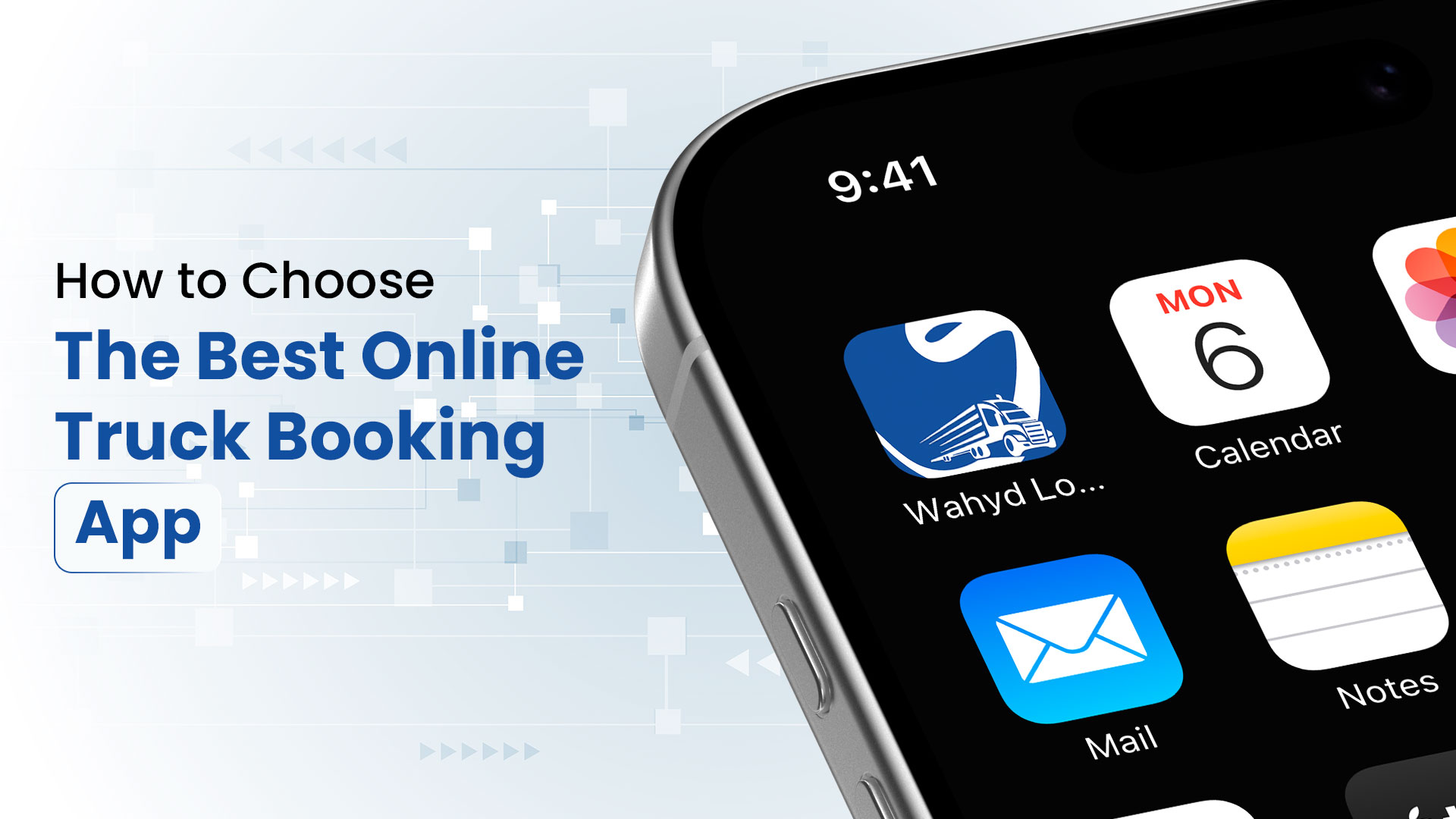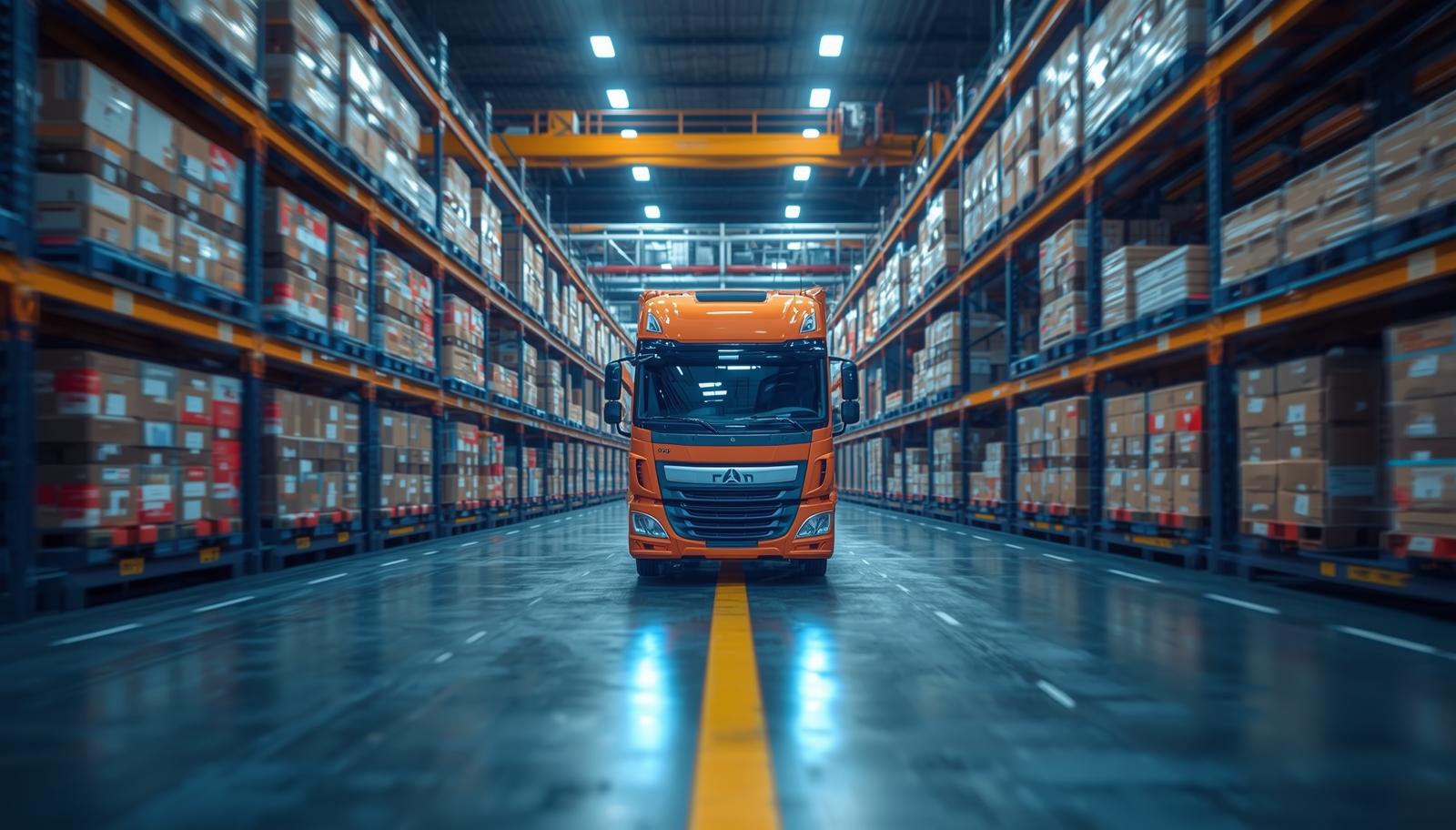
73 % of clients regard having a good experience as the most influencing factor when it comes to their brand loyalty. Developing trustworthiness in relation to your consumers is important because this will determine whether or not you remain in business for long. Without these values of credibility and trust, customers may never come back again due to lack of satisfaction thus affecting the company’s profits directly. The backbone of any product-based business is logistics. Historically, logistics operations have aimed at cost reduction and efficiency improvement. Although these objectives remain important, there is a need for today’s businesses to take it a step further by making customers their top priority in logistics strategies.
Informed customers have unprecedented power. These days, customer expectations include things like speed, transparency, and flexibility. If certain companies do not provide customers with such quality, they lose them to the competitors. Thus, businesses need to shift their logistics from product to customer-focused as this is the best way of meeting these demands allowing them to create unique features and build strong relationships with customers. Let us dwell on how companies can use outstanding logistics to strengthen customer relationships, create competitive edges, and ensure long-term expansion.
What is Customer-Centric Logistics?
The logistics process centered around clients’ inputs, preferences, and experiences is hence referred to as client-centered logistics. The perspective of logistics has shifted from mere transportation of goods from one place to another. It profiles how a logistics service provider meets the client’s expectations and creates worth more than what is delivered as a product.
This indicates that the logistics process ought to be customer-adjustable, reactive, and coherent with their choices. For example, if it entails ensuring timely delivery or a clear returns strategy then such a service goes beyond conventional logistics.
The Significance of a Customer-Centric Approach
In transport, people generally believe that speed and cost are the only important things but these days consumers want a lot more than that. Personalized services, seamless interactions, and real-time updates are some of their desires. Companies will become prominent in a highly competitive market when they prioritize such aspects.
In essence, customer-centric culture implies that logistics is not just about the back-end job anymore but it is also about frontline service. From a brand to a consumer it acts as a connector. Therefore every touchpoint such as shipment tracking or parcel delivery relates to customer experience with this specific company.
Concentrating on logistics that are centered around the customers would enable businesses to:
- Enhance customer retention: Happy customers always come back. Offering dependable personalized logistics services creates a trust bond that keeps them with your business in the long run.
- Build brand loyalty: Valued customers turn into loyal supporters. This encourages them to share their experience about your brand with others hence creating an awareness.
- Increase customer happiness: Satisfied clients leave behind good reviews and recommend your business through word of mouth as they do meet or exceed their expectations.
Essential Components of Reliable Customer-Focused Logistics
For an efficient customer-oriented approach in logistics, companies must emphasize certain aspects. These aspects are very important in ensuring that logistics becomes a favorable component of the overall client experience.
A. Transparent Communication
One of the customer-centric logistics key points is clear and transparent communication. At every step of the way, the customer wants to know where his or her parcel is. Transparent as this may seem, the same can be achieved through real-time tracking systems, SMS updates, and responsive customer service.
Moreover, it is important to make sure that such proactive communication is given concerning delays, changes, or any issue because it reduces the level of dissatisfaction among clients and at the same time earns their trust. Honesty is paramount for building ties over time even when there are challenges.
B. Customized Solutions for Unique Customer Needs
Each client has unique needs, including those involving logistics. On the one hand, they emphasize speedy delivery while on the other ecology or even price could rank highest in their agenda. Enhancing customer satisfaction may require personalized solutions like; adaptable time frames and shipping options, immediate service provision, and possible ecological friendliness.
Companies are also able to build a level of personalization in handling returns by such actions as providing clients with clear return policies, simple return process guidelines, and free return postage among others that can remain imprinted into someone’s mind at any moment even when using unsatisfactory goods.
C. Agile and Adaptive Logistics Solutions
Logistics solutions that cater to all are no longer relevant. Customers of today want logistics providers who can adjust their services to meet each client’s requirements and time schedules. Therefore, there should be a range of delivery periods, different places for deliveries as well as the possibility to modify preferences after an order is done.
A customer-oriented approach in logistics must have the capability of changing its delivery patterns spontaneously depending on unexpected occurrences or requests made by clients without causing interruptions in operations. Flexibility builds trust among customers because it demonstrates the company’s readiness to do anything possible to satisfy their demands.
D. Driving Success with Sustainability Initiatives
For modern logistics, sustainability is just as important as having a proper office. Younger generations tend to choose brands that offer sustainable solutions for pleasure purposes and when necessary; this includes green packing, route optimization against harmful gases into the air, or even carbon-neutral delivery methods.
Not only do organizations attract environmentally-conscious customers but also demonstrate their social commitment at the same time by incorporating sustainability in their entire supply chain management system.
E. Effective Strategies for Proactive Problem-Solving
Problems arise inevitably in any logistics operation. The experience of customers may be disrupted by delays, damaged products, or lost shipments. Nevertheless, customer-focused logistics providers can respond promptly and effectively to such problems that make them different.
The quick identification of developing issues and possible solutions like refunds, replacements, or compensation can help change a negative experience into one that is positive. A fast and solution-oriented approach indicates to customers that their satisfaction comes first.
How Technology Enhances Customer-Centric Logistics?
The significance of technology in creating customer-centered logistics cannot be overlooked. Through the use of AI-based route optimization tools and real-time data analysis, sophisticated technology allows these logistics providers to improve their service delivery, make better decisions, and offer more tailored experiences.
A. Real-Time Data Tracking
The power of GPS and other tracking technologies has enabled corporations to give instant progress reports on the consignment leading to the customer being able to trace his or her order from one level to another. Though it assures tranquillity, in an actual sense, real-time tracking is also a move towards ensuring openness.
Moreover, in real-time, it provides information to logistics firms about bottlenecks or weaknesses present in their supply chains before they start affecting customers.
B. AI and Machine Learning
Logistics is being transformed by artificial intelligence (AI) and machine learning (ML) technologies that offer predictive analytics or route optimization. If you use an AI-based system it will tell on possible delays, suggest more feasible routes, and even facilitate stock control to ensure constant availability of stock to customers.
This aids the companies to give their clients quicker, dependable, and less expensive services leading to an enhanced customer experience.
C. Automation
According to logistics professionals, automation of logistics is one of the most encouraging areas for improvement. This will contribute to cutting down delays in product delivery, lowering human errors, and minimizing operating expenses. However, organizations should prioritize service level adjustments and client satisfaction which may cause some shareholders to consider robotic financing as something that cannot be afforded.
Although automation helps in reducing operational costs, it also enhances customers’ experience by providing faster and more reliable services. For example, this could entail having an automated sorting system in the warehouse that enables prompt order completion and minimizes the chances of losing or mishandling items.
D. Customer Data and Analytics
For logistics providers, customer data is considered a treasure. The companies can customize their logistics-related services based on buying patterns, preferences, and feedback. Adjusting delivery windows, subscription-based shipping, and enhancing customer service are examples of what companies can do to meet their customers’ needs with the help of data. Therefore, companies can have insights that are data-driven and hence stay ahead of what customers are expecting.
Therefore, analytics can aid in predicting demand, which makes sure that transportation activities are effective during high seasons like holidays or promotions events.
Case Studies of Effective Customer-Centric Logistics
Several progressive businesses have seen the light by adopting customer-centric logistics and are reaping the benefits it brings forth. We will examine some real-life examples that demonstrate how much this strategy pays off.
A. Amazon: Setting the Standard for Fast and Reliable Shipping
Handling of Amazon’s logistics is highly customer-centered. Setting the bar for logistics; they offer Prime two-day (or same-day) delivery and provide real-time tracking and easy returns.
With state-of-the-art technological interventions such as Commercial AI, Automated Systems, and Data Analysis, the company can serve possible personalized solutions for millions across the globe. In general, it does not only involve transport but enriching the shopping experience in all aspects.
B. Zappos: Going Above and Beyond in Customer Service
Zappos is famous for delivering great customer service that extends to their logistics. The corporation provides free shipping for its customers to order shoes try them on at home and return them if they do not fit without any problem.
By doing this, Zappos has adopted a customer-centered strategy concentrating on simplifying and thereby making delivery easier. As a result of this commitment towards satisfying its clients, the company has gained some steady clients who are confident with its service.
C. Patagonia: Sustainability at the Core of Logistics
Sustainability is an integral part of the customer-oriented logistics strategy of Patagonia. The firm uses minimal and recyclable packaging, optimally routes transportation to reduce carbon emissions, and allows customers to repair their worn-out items instead of purchasing new ones.
These eco-logistics strategies of Patagonia are aligned with the needs of clients who emphasize sustainable practices thus enhancing brand loyalty.
Common Challenges in Adopting Customer-Centric Logistics
As much as the advantages of client-focused logistics are apparent, its execution is not without difficulties. Companies need to weigh client requirements against affordability, operational intricacy, and expansion capability. Here are some obstacles often encountered by firms:
A. Financial Impact of Customized Services
Raising operational costs can come from personalized solutions like flexible delivery windows, free returns, or green shipping. For small businesses with thin margins, it can be hard to find the right balance between satisfying customers and making profits.
B. Complexity in Managing Expectations
In most cases, clients make demands for quick delivery, cheap prices, and openness in all situations. It is however challenging especially when there are other external factors involved such as delays caused by unfavorable atmospheric conditions and interruptions in supply chains. The logistics service suppliers need to manage customer expectations appropriately and communicate by sending messages to customers concerning problems that emerge.
C. Scalability
Those larger organizations or those who grow quickly find it more complicated to scale customer-oriented logistics solutions. As companies expand, a personalized approach necessitates heavy investment in technology, infrastructure, and personnel over an extended time.
Conclusion: Building Loyalty Through Customer-Centric Logistics
Customer-oriented logistics is more than just the transit of goods; it is about delivering positive experiences that build trust and loyalty. Companies can satisfy increasing customer expectations through transparency, personalization, adaptability, and sustainability. For instance, Amazon, Zappos, and Patagonia are examples of how logistics focused on the customer helps in creating brand loyalty, retention enhancement, and growth generation.
Faster, more personalized services are possible with technology such as real-time tracking and AI-driven analysis. In today’s competitive marketplace, customer-centric logistics create a great competitive advantage for companies which ensures their survival.
By making logistics an integral part of the overall customer experience, businesses can turn satisfied clients into life-long ambassadors leading to success stories.
Take your logistics strategy from product-focused to customer-first, and watch your business skyrocket in trust, loyalty, and long-term success.
How Can Wahyd Logistics Help?
With extensive expertise in logistics and a long list of satisfied customers, Wahyd Logistics is committed to providing seamless services tailored to your business needs.
We offer hassle-free, customized logistics solutions, allowing you to focus on growing your business while we handle the complexities.
Contact our logistics experts today, and we’ll be happy to assist with all your logistics needs.

